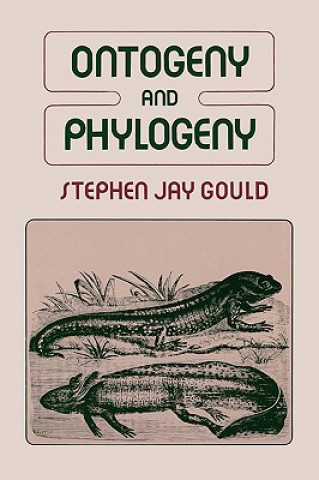
Kód: 04636314
Ontogeny and Phylogeny
Autor Stephen Jay Gould
Ontogeny recapitulates phylogeny was Haeckel's answer--the wrong one--to the most vexing question of nineteenth-century biology: what is the relationship between individual development (ontogeny) and the evolution of species and l ... celý popis
- Jazyk:
 Angličtina
Angličtina - Väzba: Brožovaná
- Počet strán: 520
Nakladateľ: Harvard University Press, 1990
- Viac informácií o knihe

Mohlo by sa vám tiež páčiť
-
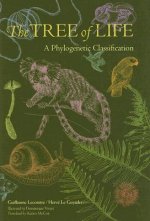
Tree of Life
48.66 € -3 % -
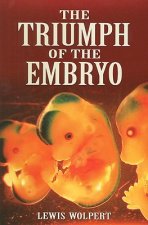
Triumph of the Embryo
13.46 € -

The Complete Maus
30.66 € -13 % -
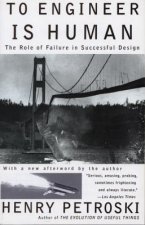
To Engineer is Human
19.50 € -8 % -
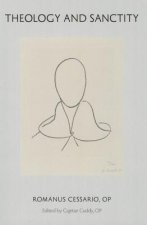
Theology and Sanctity
48.26 € -

Lust Geass, Vol. 4
12.06 € -22 % -
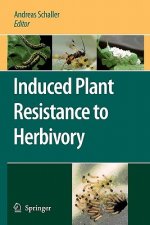
Induced Plant Resistance to Herbivory
270.08 € -
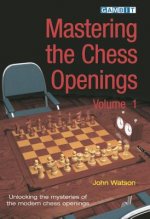
Mastering the Chess Openings
25.03 € -15 % -
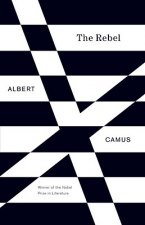
The Rebel
15.27 € -14 % -

Maison Ikkoku
12.76 € -
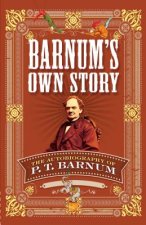
Barnum's Own Story
15.37 € -13 % -

Architecture Today: Sustainable Homes
42.42 € -13 % -
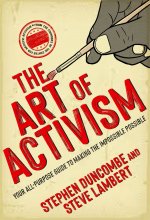
Art of Activism
21.51 € -15 % -

Teach Reading With Orton-gillingham
26.03 € -
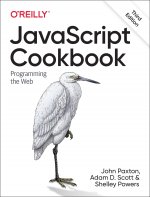
JavaScript Cookbook
67.46 € -14 % -

JOSEF HOFFMANN 1870-1956: Progress Through Beauty
69.98 € -

Competitive Strategy
45.24 € -

Copyediting and Proofreading for Dummies
21.91 € -14 % -
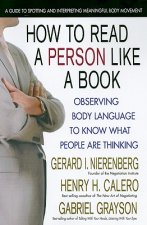
How to Read a Person Like a Book
12.76 € -14 % -
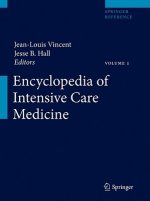
Encyclopedia of Intensive Care Medicine
3097.93 € -
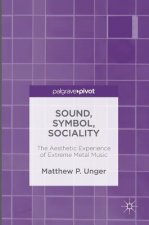
Sound, Symbol, Sociality
68.77 € -

Just Enough German, 2nd Ed.
12.16 € -2 % -

Minions: Sleepy Kittens
8.64 € -14 % -
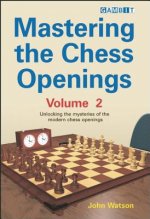
Mastering the Chess Openings
25.33 € -9 % -
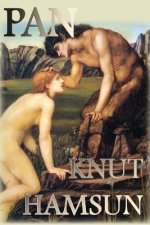
Pan
16.18 € -

Walt Disney
60.63 € -

Globalisation of Corporate Governance
198.29 € -

Central America Classic, Tubed
17.89 €
Darujte túto knihu ešte dnes
- Objednajte knihu a vyberte Zaslať ako darček.
- Obratom obdržíte darovací poukaz na knihu, ktorý môžete ihneď odovzdať obdarovanému.
- Knihu zašleme na adresu obdarovaného, o nič sa nestaráte.
Viac informácií o knihe Ontogeny and Phylogeny
Nákupom získate 151 bodov
 Anotácia knihy
Anotácia knihy
Ontogeny recapitulates phylogeny was Haeckel's answer--the wrong one--to the most vexing question of nineteenth-century biology: what is the relationship between individual development (ontogeny) and the evolution of species and lineages (phylogeny)? In this, the first major book on the subject in fifty years, Stephen Gould documents the history of the idea of recapitulation from its first appearance among the pre-Socratics to its fall in the early twentieth century. Mr. Gould explores recapitulation as an idea that intrigued politicians and theologians as well as scientists. He shows that Haeckel's hypothesis--that human fetuses with gill slits are, literally, tiny fish, exact replicas of their water-breathing ancestors--had an influence that extended beyond biology into education, criminology, psychoanalysis (Freud and Jung were devout recapitulationists), and racism. The theory of recapitulation, Gould argues, finally collapsed not from the weight of contrary data, but because the rise of Mendelian genetics rendered it untenable. Turning to modern concepts, Gould demonstrates that, even though the whole subject of parallels between ontogeny and phylogeny fell into disrepute, it is still one of the great themes of evolutionary biology. Heterochrony--changes in developmental timing, producing parallels between ontogeny and phylogeny--is shown to be crucial to an understanding of gene regulation, the key to any rapprochement between molecular and evolutionary biology. Gould argues that the primary evolutionary value of heterochrony may lie in immediate ecological advantages for slow or rapid maturation, rather than in long-term changes of form, as all previous theories proclaimed. Neoteny--the opposite of recapitulation--is shown to be the most important determinant of human evolution. We have evolved by retaining the juvenile characters of our ancestors and have achieved both behavioral flexibility and our characteristic morphology thereby (large brains by prolonged retention of rapid fetal growth rates, for example). Gould concludes that there may be nothing new under the sun, but permutation of the old within complex systems can do wonders. As biologists, we deal directly with the kind of material complexity that confers an unbounded potential upon simple, continuous changes in underlying processes. This is the chief joy of our science.
 Parametre knihy
Parametre knihy
Zaradenie knihy Knihy po anglicky Mathematics & science Biology, life sciences
59.92 €
- Celý názov: Ontogeny and Phylogeny
- Autor: Stephen Jay Gould
- Jazyk:
 Angličtina
Angličtina - Väzba: Brožovaná
- Počet strán: 520
- EAN: 9780674639416
- ISBN: 0674639413
- ID: 04636314
- Nakladateľ: Harvard University Press
- Hmotnosť: 766 g
- Rozmery: 230 × 154 × 33 mm
- Dátum vydania: 01. July 1990
Obľúbené z iného súdka
-
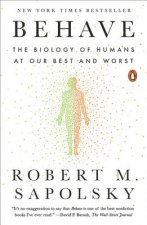
Behave
21.41 € -2 % -
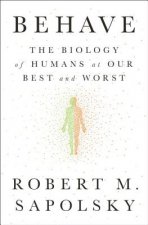
Behave
35.59 € -8 % -
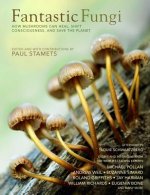
Fantastic Fungi
30.16 € -15 % -

Scent and Chemistry - The Molecular World of Odors
92.50 € -
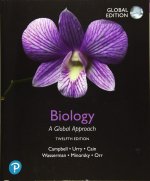
Biology: A Global Approach, Global Edition
77.92 € -

Alan Turing - The Enigma - The Book That Inspired the Film The Imitation Game - Updated Edition
12.46 € -
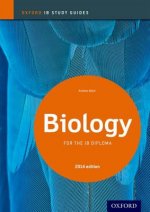
Oxford IB Study Guides: Biology for the IB Diploma
45.84 € -

Ecology - From Individuals to Ecosystems 5e
68.57 € -
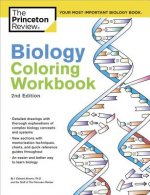
Biology Coloring Workbook, 2nd Edition
30.36 € -
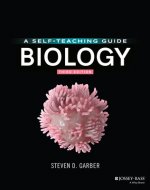
Biology - A Self-Teaching Guide, Third Edition
21.91 € -14 % -
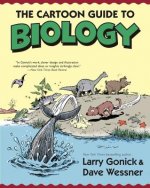
Cartoon Guide to Biology
23.82 € -
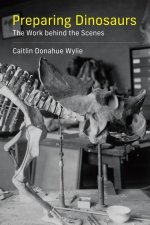
Preparing Dinosaurs
87.98 € -12 % -
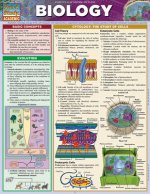
Biology
9.84 € -5 % -
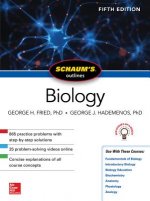
Schaum's Outline of Biology, Fifth Edition
38.50 € -11 % -
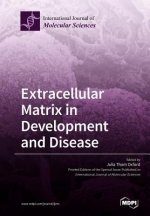
Extracellular Matrix in Development and Disease
88.80 € -
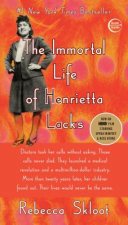
Immortal Life of Henrietta Lacks
16.98 € -
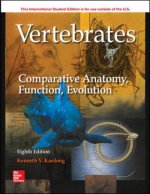
ISE Vertebrates: Comparative Anatomy, Function, Evolution
75.81 € -
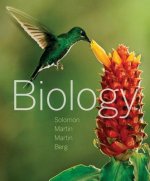
Biology
129.31 € -
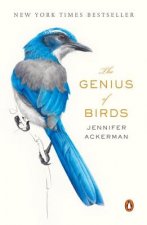
Genius of Birds
16.28 € -14 % -
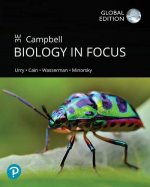
Campbell Biology in Focus, Global Edition
90.89 € -
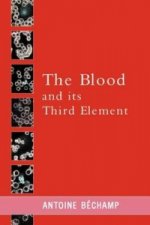
Blood and Its Third Element
19.50 € -
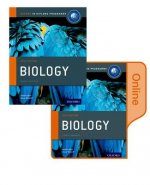
Oxford IB Diploma Programme: IB Biology Print and Enhanced Online Course Book Pack
99.74 € -
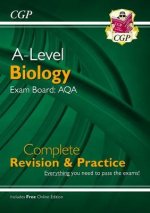
A-Level Biology: AQA Year 1 & 2 Complete Revision & Practice with Online Edition
27.74 € -10 % -
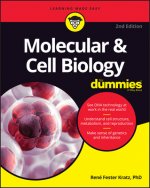
Molecular & Cell Biology For Dummies, 2nd Edition
18.89 € -29 % -
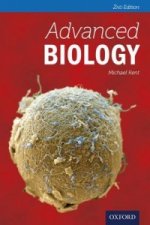
Advanced Biology
81.34 € -
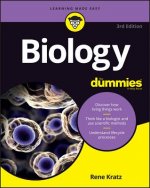
Biology For Dummies 3e
20.20 € -15 % -
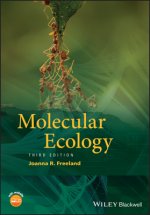
Molecular Ecology, Third Edition
82.55 € -
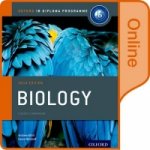
Ib Biology Online Course Book 2014 Edition: Oxford Ib Diploma Programme
106.58 € -

Dirt
25.63 € -
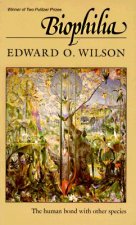
Biophilia
35.49 € -4 % -
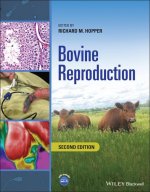
Bovine Reproduction, 2nd Edition
343.49 € -
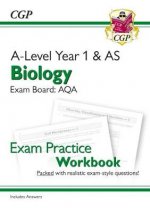
A-Level Biology: AQA Year 1 & AS Exam Practice Workbook - includes Answers
7.83 € -10 % -
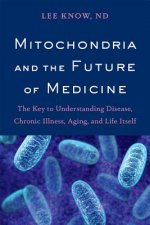
Mitochondria and the Future of Medicine
21.61 € -23 % -
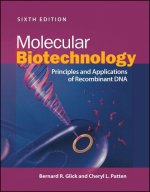
Molecular Biotechnology - Principles and Applications of Recombinant DNA, 6th Edition
143.99 € -2 % -

Lizards of the World
146 € -12 % -
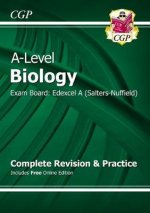
A-Level Biology: Edexcel A Year 1 & 2 Complete Revision & Practice with Online Edition
27.74 € -10 % -
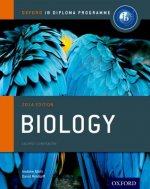
Oxford IB Diploma Programme: Biology Course Companion
70.78 € -

Pearson Baccalaureate Biology Higher Level 2nd edition print and ebook bundle for the IB Diploma
95.02 € -

Biology for the IB Diploma Study and Revision Guide
44.03 € -
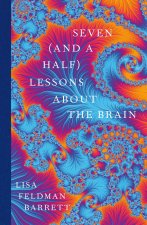
Seven and a Half Lessons About the Brain
16.28 € -23 % -
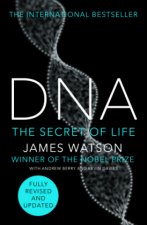
DNA
14.17 € -23 % -

IB Environmental Systems and Societies Print and Online Pack
89.18 € -
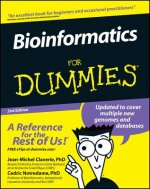
Bioinformatics For Dummies 2e
27.64 € -15 % -

Internal Assessment for Biology for the IB Diploma
40.31 € -

ISE Vander's Human Physiology
77.32 € -

Microbiology & Infectious Diseases Flashcards, Third Edition
55.80 € -
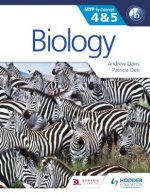
Biology for the IB MYP 4 & 5
51.78 € -
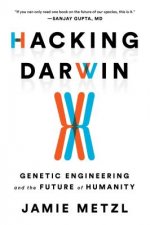
Hacking Darwin
23.42 € -16 % -
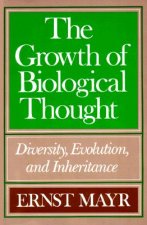
Growth of Biological Thought
49.87 €
Osobný odber Bratislava a 2642 dalších
Copyright ©2008-24 najlacnejsie-knihy.sk Všetky práva vyhradenéSúkromieCookies



 21 miliónov titulov
21 miliónov titulov Vrátenie do mesiaca
Vrátenie do mesiaca 02/210 210 99 (8-15.30h)
02/210 210 99 (8-15.30h)